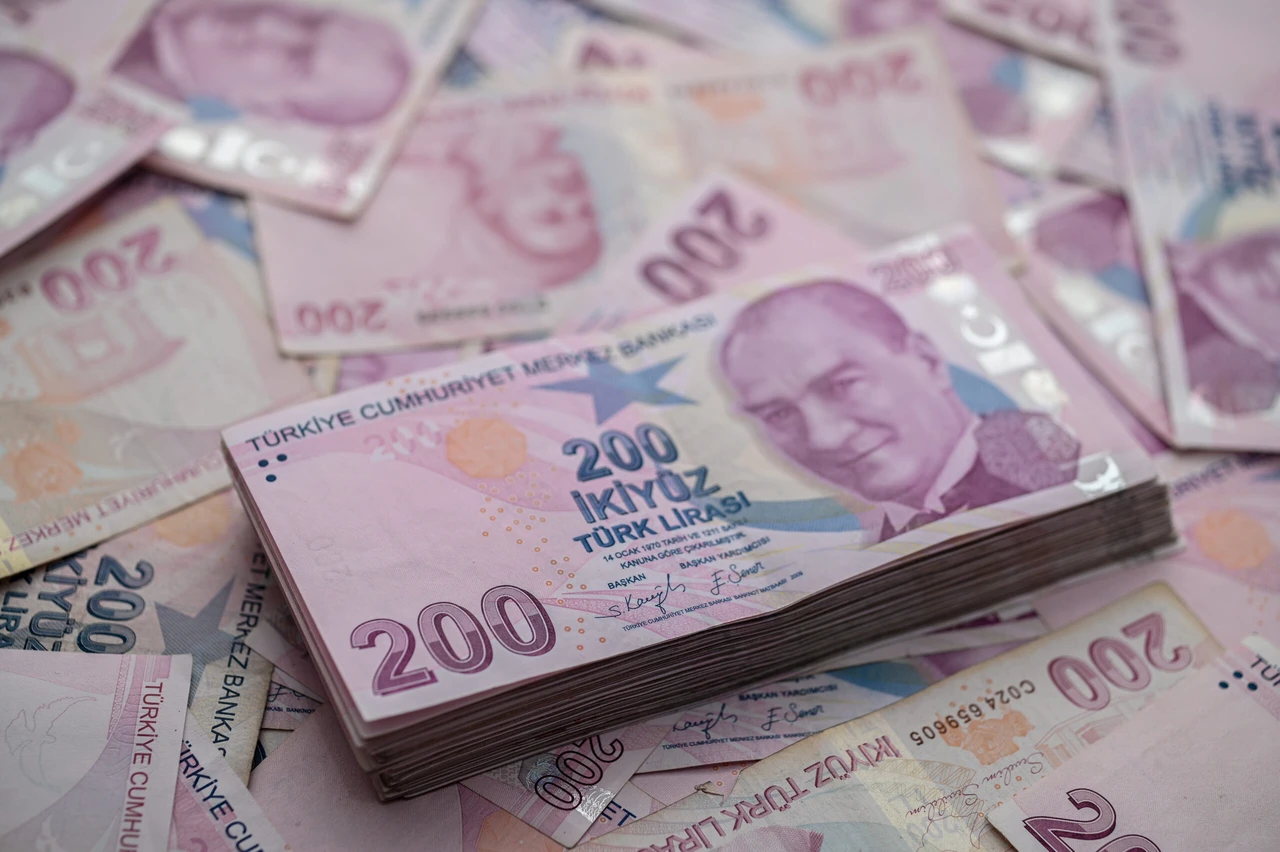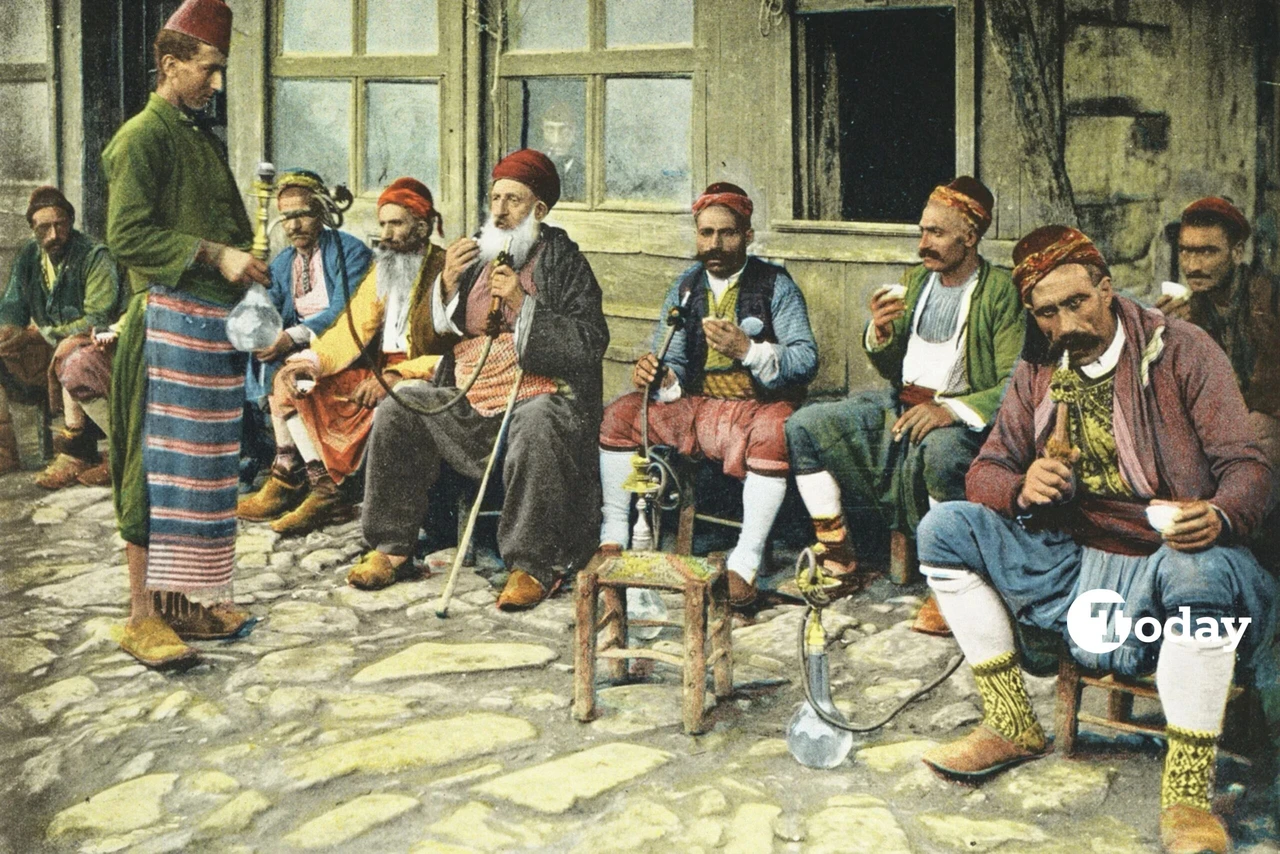Central Asia must unite to strengthen ties with EU
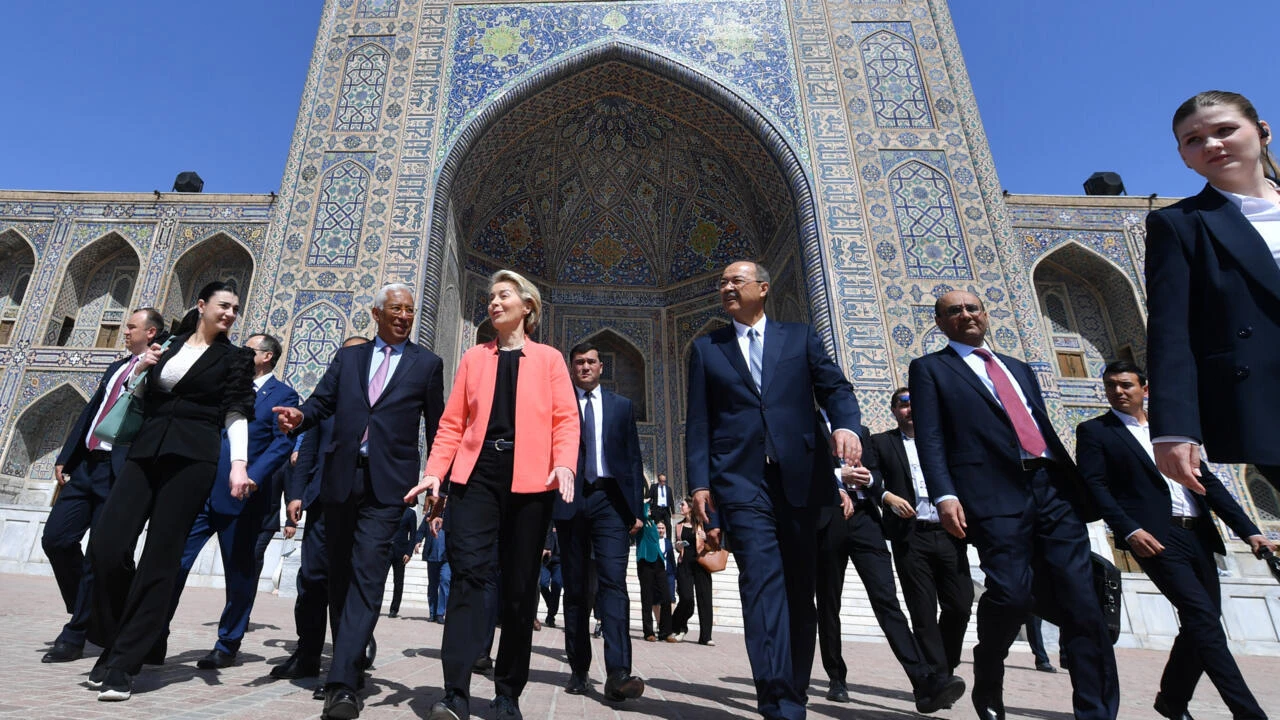 European Commission President Ursula von der Leyen with EU and Central Asian delegates in Samarkand, Uzbekistan, on 2 April 2025 (AFP)
European Commission President Ursula von der Leyen with EU and Central Asian delegates in Samarkand, Uzbekistan, on 2 April 2025 (AFP)
For the first time, the European Union and Central Asian countries convened a summit in Samarkand on April 3–4 to strengthen trade and diplomatic ties. The summit brings together all five Central Asian republics—Kazakhstan, Kyrgyzstan, Uzbekistan, Tajikistan and Turkmenistan. While the primary objective is to reduce the region’s dependence on Russia and China through new partnerships, the agenda also includes energy, the supply of critical raw materials, industrial investment, regional security, tourism, better enforcement of sanctions on Russia, and people-to-people cooperation programs.
The EU aims to take on a more active role in Central Asia as part of its broader strategy to reinforce global partnerships as world politics are going under a huge realignment. It is also in Türkiye’s interest to closely monitor these developments and, if possible, encourage Central Asian states to engage more with the Organization of Turkic States with a more institutional and unified platform that could play a growing role within this cooperation framework.
Shifting away from Russian and Chinese influence
Central Asia has long-standing commercial and political ties with both Russia and China, rooted in historical and geographic factors. While the region once operated under Soviet control, China has in recent decades expanded its influence across the region. The EU now seeks to present itself as an alternative partner, particularly in the areas of energy, critical raw materials, and industrial cooperation.
Russia’s invasion of Ukraine and shifts in China’s trade policies have made EU-Central Asia cooperation increasingly appealing. Rather than engaging in direct competition, the EU aims to develop projects that allow Central Asian states to diversify their partnerships and reduce dependence on dominant neighboring powers while also benefiting Europe strategically.

New partnerships in energy and critical raw materials
As part of its efforts to reduce reliance on Russian fossil fuels and China’s supply of rare earth elements vital for the green transition, the EU sees Central Asia as a strategic supply hub. The region holds potential for renewable energy investments and access to essential raw materials. Memorandums of understanding with Kazakhstan and Uzbekistan have laid the groundwork for broader agreements now under negotiation. On the same day of the summit, Azerbaijan, Georgia, Türkiye and Bulgaria agreed to create a green energy corridor, Azerbaijan’s Energy Ministry reported.
Central Asian countries, in turn, aim to boost their production capacity and expand export markets through increased industrial cooperation with the EU. For sectors like textiles, chemicals, and construction materials, logistics remains the primary barrier to accessing European markets.
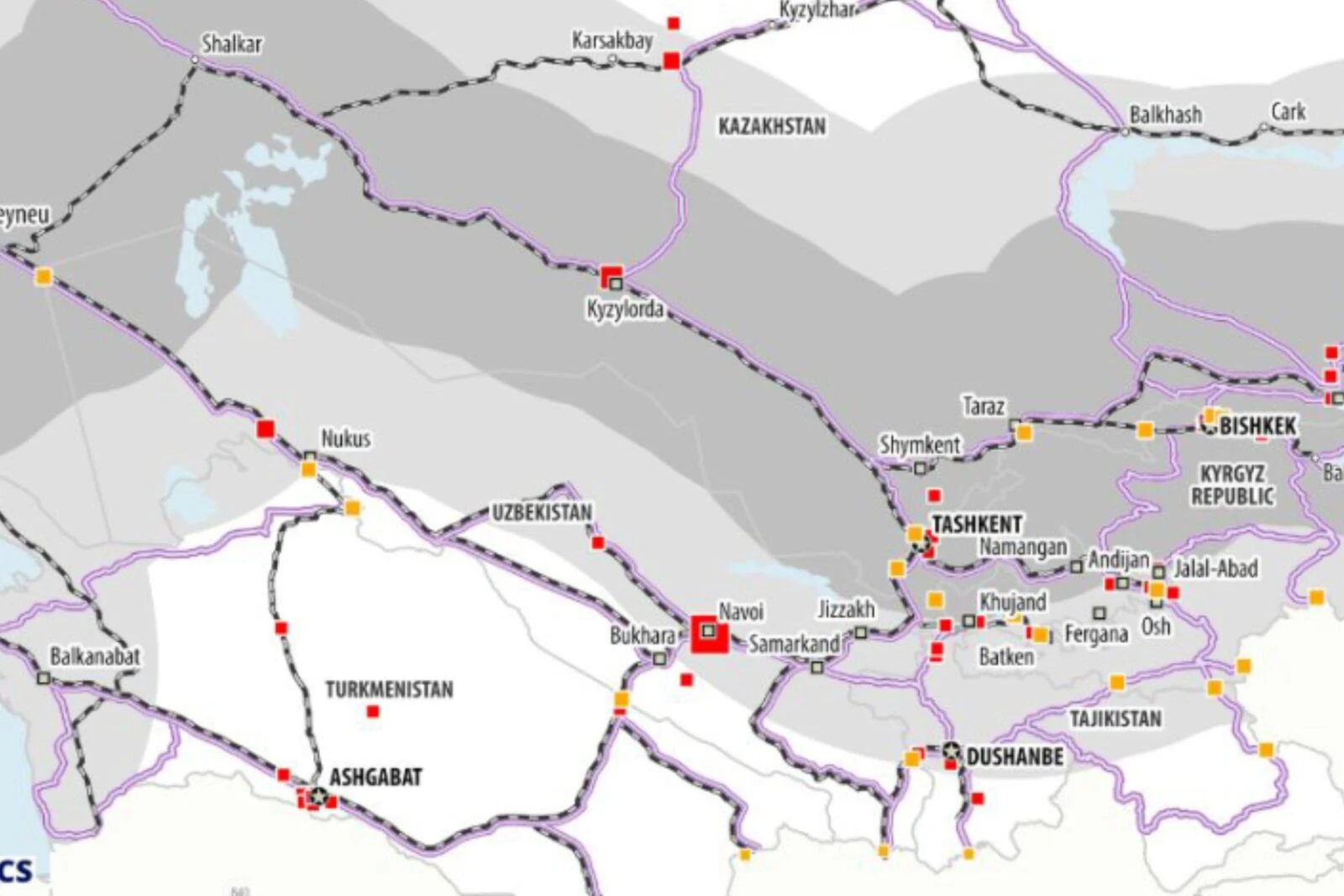
The Middle Corridor
Inadequate transport infrastructure is one of the biggest obstacles to trade in the region. As a result, the Trans-Caspian Transport Corridor—also known as the Middle Corridor—is expected to feature prominently at the summit. The issue directly concerns Türkiye as well. The EU has already allocated €10 billion ($10.98 billion) to the initiative under the Global Gateway strategy, although this falls short of the total investment required to complete the route.
According to the European Bank for Reconstruction and Development, transportation projects in Central Asia alone require at least €18.5 billion. One proposal under consideration at the summit is the launch of a new Investors’ Forum dedicated to financing the Middle Corridor. Yet, beyond physical infrastructure, “soft connectivity” challenges—such as bureaucratic hurdles at border crossings, regulatory mismatches, and a lack of digitalized transport systems—remain pressing concerns. Addressing these issues will require strong political will and high-level regional cooperation. Integrating efforts with Türkiye and mobilizing the Organization of Turkic States to act as a unified bloc could strengthen bargaining power and lead to more substantial gains.
Many points of mutual interest
As they deepen relations with the West, Central Asian governments are attempting to maintain a careful balance, avoiding direct confrontation with Moscow and Beijing. Nonetheless, the EU remains concerned about the potential circumvention of sanctions against Russia via Central Asia. Notably, German exports of automobiles and spare parts to Kyrgyzstan surged by 5,500% in 2023, with a 720% increase to Kazakhstan—figures that have drawn attention in Brussels. The EU is expected to increase diplomatic pressure at the summit to curb such indirect trade routes.
The EU’s outreach to Central Asia should also be understood within the context of its evolving diplomatic approach. Human Rights Watch has urged the bloc to take a firmer stance against efforts by authoritarian governments in the region to suppress freedom of expression. However, the current EU leadership appears to be adopting a more “pragmatic” stance on human rights, prioritizing economic and strategic interests in its engagement with regional governments.
Joint declaration
In the joint declaration, both sides agreed on a peaceful resolution in Ukraine and the territorial integrity of the country. It was also emphasized to continue cooperation on the prevention of sanctions circumvention, in particular the re-export of high priority goods.
They agreed to launch a dialogue on countering terrorism and violent extremism, focusing on cyber security, border control, chemical, biological, radiological and nuclear defense threats, as well as countering radicalization and human trafficking.
The EU and Central Asian countries did not ignore human rights violations in Afghanistan in their joint declaration. The EU side also took the diplomatic initiative by referring to the resolution of the Kyrgyz-Tajik border issues.
The parties pledged to work on water use and climate change. However, for the EU to strengthen its presence in the region, investment alone will not suffice. Diplomatic flexibility, long-term strategic planning, and reliable partnerships are also essential. The outcomes of the summit will play a crucial role in determining how both sides manage interdependence moving forward.
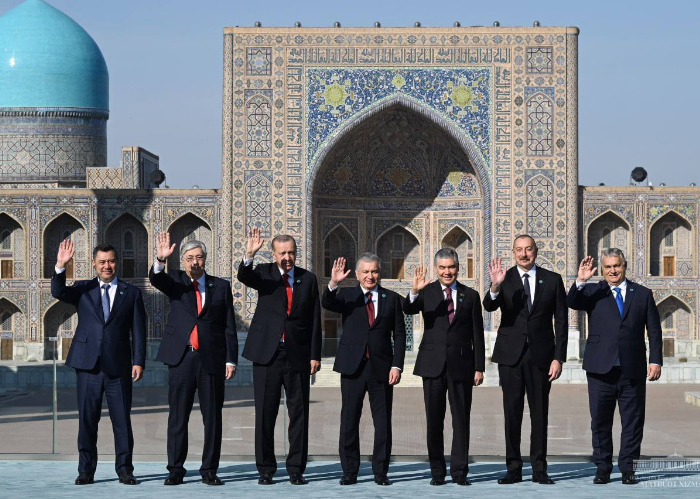
Turkic states or Central Asian ‘tigers’?
In an interview to euronews, Deputy Prime Minister of the Kyrgyz Republic Edil Baisalov described the Central Asian states as the future “tigers”. The development stories of the regional actors are significant, but the institutional framework is crucial for this development.
Expanding the Organization of Turkic States to more fully include Turkmenistan—given its geographical position and resources—holds strategic significance. Unlike other member states that participated in last year’s Shusha Summit at the highest level, Turkmenistan, currently an observer, was notably absent.
Cooperation with the eastern Caspian coast holds strategic value for Türkiye, Azerbaijan, and Turkmenistan alike—particularly if each country avoids acting in isolation. At this week’s summit in Uzbekistan, both Tajikistan and Turkmenistan will be present alongside members of the Turkic organization. However, as Azerbaijani President Ilham Aliyev highlighted last year, budgetary and institutional limitations continue to hinder the organization’s ability to meet its founding goals.
To address these gaps, Azerbaijan contributed additional funding last year. A broader awareness among member states of the need to align resources with their strategic interests will be critical. Only then can the region, now attracting increased attention from the EU, achieve lasting and structured gains—and ensure that those benefits are equitably shared.
